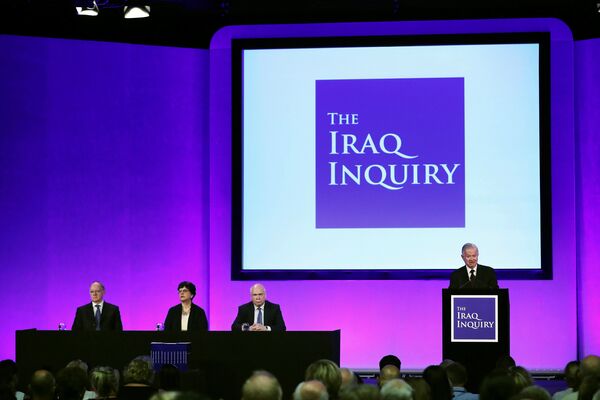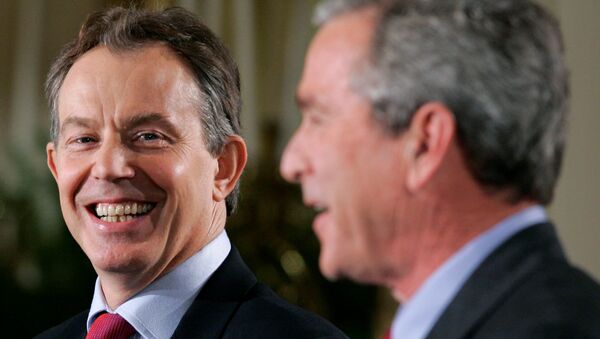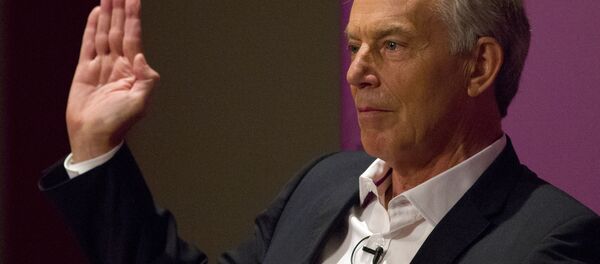The private prosecution was originally attempted in 2016, following the release of the Chilcot Report, by Abdul-Wahid Shannan ar-Ribat, the exiled former Chief of Staff of the Iraqi army. He was backed by Michael Mansfield QC and Imran Khan, famous for his long battle for justice in the Stephen Lawrence case. It charged the conflict was a war of aggression that contravened international law, and called for a summons to be issued against Blair.

However, it was refused by Westminster Judge Michael Snow, who said the former prime minister had "implied immunity" as former head of state in the UK, and that the allegations would necessitate details potentially being disclosed under the Official Secrets Act, which required consent from the Attorney General and the Director of Public Prosecutions.
However, the High Court will consider arguments for reversing the ban — although the hearings will be held in secret, and submissions from lawyers and other parties will be "paper-only."
While criticized in some quarters for pulling punches (the findings were suitably bruising to prompt Blair to wind down his commercial consultancy and instead concentrate on not-for-profit work. His post-governmental work), the Chilcot Report was unambiguous.
Iraq did not represent an "imminent threat" to Britain prior to the Iraq War, Blair had no basis for believing otherwise, and peaceful means of dealing with Iraq's alleged weapons of mass destruction had not been exhausted. In the process, Blair's government consistently exaggerated and distorted evidence of Hussein's military capabilities to make the case for a decision made long-prior, and despite explicit warnings, the impact of the invasion was gravely underestimated, with planning and preparations for post-war reconstruction wholly inadequate. In the process, Blair had "gone beyond facts" and "damaged politics."
Moreover, it was found not until March 13 2003 — a mere seven days before the conflict commenced — that Lord Goldsmith concluded there was a "secure legal basis" for military action, several key ministers had been actively deceived about earlier legal advice suggesting the war would be illegal under international law, and that Blair along had seemingly made the critical final judgment on whether Iraq was fundamentally in breach of UN resolution 1441, regarding weapons of mass destruction — without seeking any expert advice whatsoever, or calling for any new evidence to be gathered.
"The precise basis on which Mr. Blair made [the] decision is not clear. Given the gravity of the decision, Lord Goldsmith should have been asked to provide written advice explaining how, in the absence of a majority in the Security Council, Mr Blair could take that decision. It is now clear that policy on Iraq was made on the basis of flawed intelligence and assessments. They were not challenged, and they should have been," the report concluded.
It's not merely Blair's pivotal role in the Iraq War that has been harshly criticized — some have suggested that pushing strongly for NATO intervention in the former Yugoslavia was also potentially criminal. Blair, who called NATO aggression in the dissolving country a battle between "good and evil, civilization and barbarism," was one of the most active lobbyists for war.




